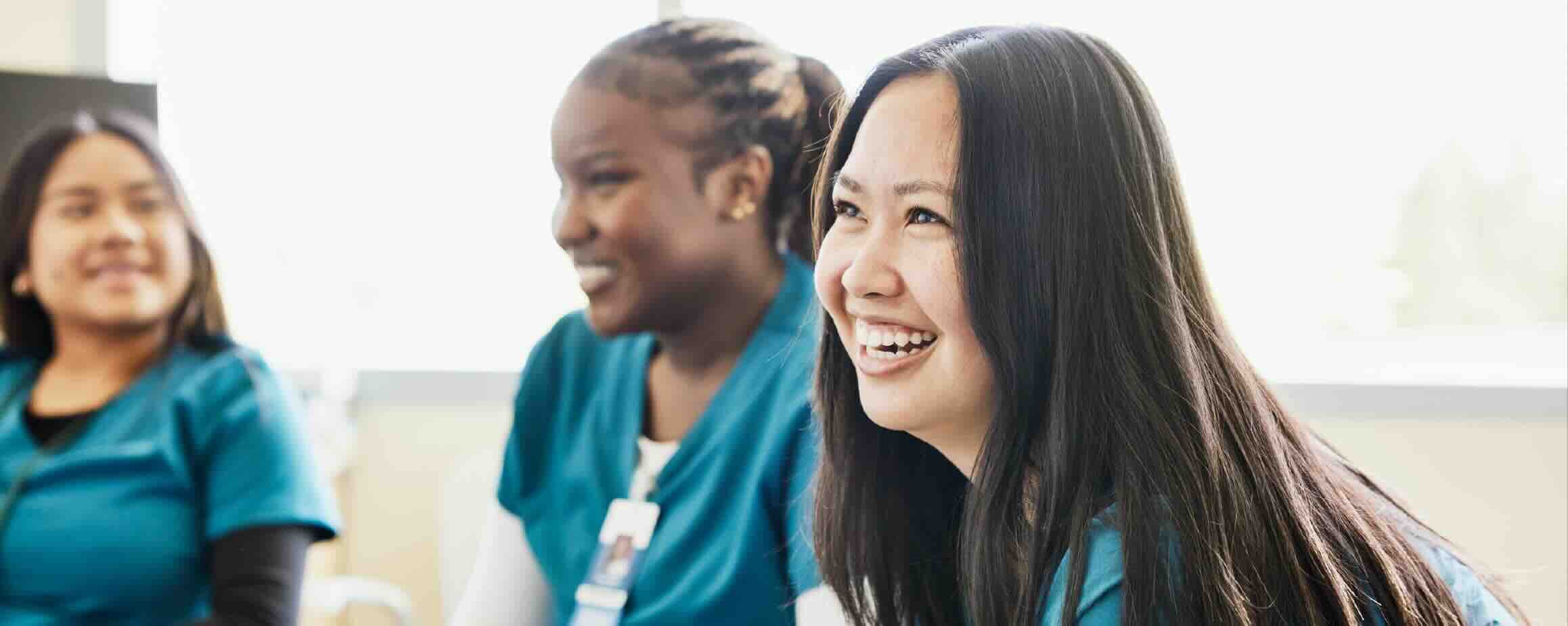
Strategic Recognition 101: Your Guide to Proving ROI
Not all recognition is created equal. To see measurable results - from increased employee engagement to productivity to lower absenteeism and safety incidents - you need strategic recognition.

Strategic Recognition 101: Your Guide to Proving ROI
Not all recognition is created equal. To see measurable results - from increased employee engagement to productivity to lower absenteeism and safety incidents - you need strategic recognition.

Upgrading the Employee Experience in Tech Companies
With Workhuman as your trusted recognition partner, develop and retain your tech workforce in an era of dynamic innovation.

Lifting the Employee and Patient Experience in Healthcare
With Workhuman as your trusted recognition partner, you can alleviate burnout and retain your healthcare employees. Here’s how.

Building an Elevated Employee Experience in Manufacturing
With Workhuman as your trusted recognition partner, alleviate challenges related to safety, compliance, and reskilling – and retain your manufacturing workforce.

Human Intelligence: Supercharge Your Business with the Next Generation of AI EMEA
How can you lean into emerging technologies like AI to upskill your workforce, building a connected, engaged, and resilient workforce? Introducing Human Intelligence from Workhuman.

Delivering a New Employee Experience in Biotech and Pharma
See how biotech and pharma organizations address industry-specific challenges, generate a rich employee experience and drive performance forward with Workhuman.

Choosing Workhuman As Your Trusted Partner
The Workhuman platform unites people and culture, drives business outcomes, and fuels ROI – and as your trusted recognition partner, we’ll do the same for you.

Human Intelligence: Supercharge Your Business with the Next Generation of AI
How can you lean into emerging technologies like AI to upskill your workforce, building a connected, engaged, and resilient workforce? Introducing Human Intelligence from Workhuman.

What’s Wrong With Cash and Debit Cards in Recognition?
Looking to improve employee engagement with recognition? Tangible gift or experience rewards can create up to 3x more perceived value than cash or debit cards.

Tips for Recognizing Your Manufacturing Workforce
Discover four steps to developing a manufacturing workforce – and how to measure the ROI of recognizing them.

5 Ways to Thank Employees on World Gratitude Day
Here are a few examples of how you can leverage World Gratitude Day to jump-start employee appreciation – and make gratitude the North Star of your company.

Thanks, but No E-thanks
Workhuman® research shows employees who choose a tangible gift or experience enjoy 3x more perceived value from a reward than an equivalent cash-value experience.